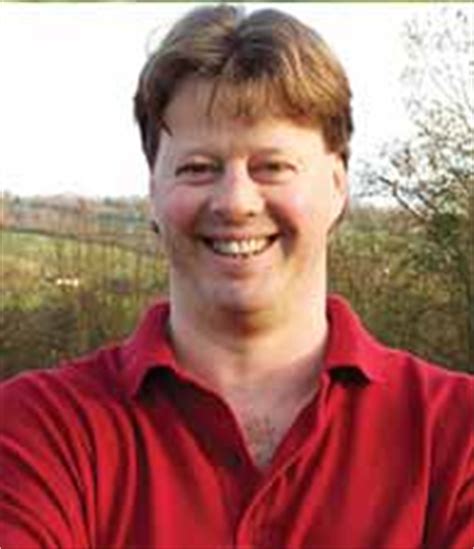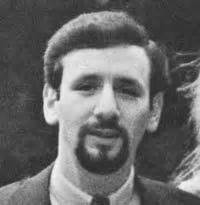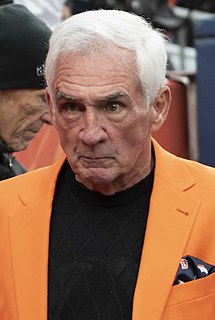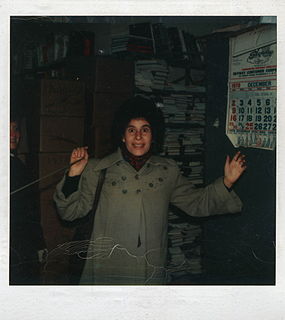A Quote by Dinesh Paliwal
To most people, paranoia carries a negative connotation. I believe it is one of the most valuable attributes a leader can have. It is about self-reflection and having the courage, humility, and discipline to constantly ask uncomfortable questions that can potentially poke holes in your strategy and challenge your conventional thinking.
Related Quotes
Leadership is scarce because few people are willing to go through the discomfort required to lead. This scarcity makes leadership valuable...It's uncomfortable to stand up in front of strangers. It's uncomfortable to propose an idea that might fail. It's uncomfortable to challenge the status quo. It's uncomfortable to resist the urge to settle...If you're not uncomfortable in your work as a leader, it's almost certain you're not reaching your potential as a leader.
The examen is a form of personal inventory. At day’s end, spend time in prayerful reflection on your day: your comings and goings, routines and disruptions, work and play, discoveries and disappointments. Think about who you met, or missed. Think about your moments of aloneness. In all, ask two questions: when was I most alive, most present, most filled and fulfilled today? And when was I most taxed, stressed, distracted, depleted today? A simpler, and more spiritually focused, version of those questions: when did I feel closest to God, and when farthest?
People talk about discipline, but to me, there's discipline and there's self-discipline. Discipline is listening to people tell you what to do, where to be, and how to do something. Self-discipline is knowing that you are responsible for everything that happens in your life; you are the only one who can take yourself to the desired heights.
If you don't understand, ask questions. If you're uncomfortable about asking questions, say you are uncomfortable about asking questions and then ask anyway. It's easy to tell when a question is coming from a good place. Then listen some more. Sometimes people just want to feel heard. Here's to possibilities of friendship and connection and understanding.
The real questions are the ones that obtrude upon your consciousness whether you like it or not, the ones that make your mind start vibrating like a jackhammer, the ones that you "come to terms with" only to discover that they are still there. The real questions refuse to be placated. They barge into your life at the times when it seems most important for them to stay away. They are the questions asked most frequently and answered most inadequately, the ones that reveal their true natures slowly, reluctantly, most often against your will.
Countrymen, the task ahead is great indeed, and heavy is the responsibility; and yet it is a noble and glorious challenge - a challenge which calls for the courage to dream, the courage to believe, the courage to dare, the courage to do, the courage to envision, the courage to fight, the courage to work, the courage to achieve - to achieve the highest excellencies and the fullest greatness of man. Dare we ask for more in life?
You must constantly ask yourself these questions: Who am I around? What are they doing to me? What have they got me reading? What have they got me saying? Where do they have me going? What do they have me thinking? And most important, what do they have me becoming? Then ask yourself the big question: Is that okay? Your life does not get better by chance, it gets better by change.
...boredom speaks the language of time, and it is to teach you the most valuable lesson in your life--...the lesson of your utter insignificance. It is valuable to you, as well as to those you are to rub shoulders with. 'You are finite,' time tells you in a voice of boredom, 'and whatever you do is, from my point of view, futile.' As music to your ears, this, of course, may not count; yet the sense of futility, of limited significance even of your best, most ardent actions is better than the illusion of their consequence and the attendant self-satisfaction.
I want to poke holes in the erroneous beliefs about what fame provides. It won't raise your self-esteem, it won't create profound connection, it's not going to heal your childhood traumas, it's only going to amplify them. You're going to be subject to a lot of criticism and praise, both of which are violent in their own ways.


































